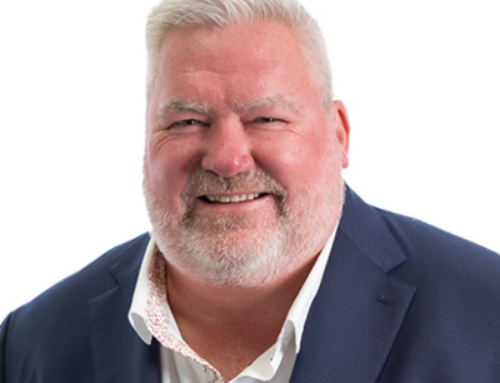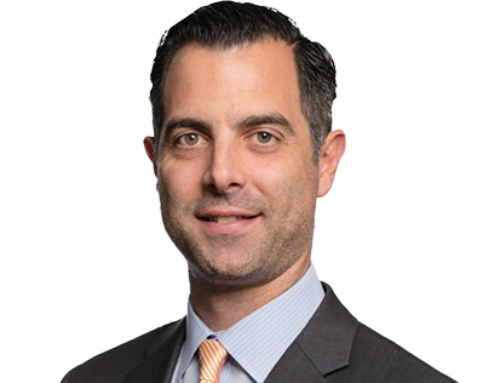Give us an overview of your team and its global reach.
NDY provides electrical design in all our offices. All of our market sectors are supported by our electrical teams and electrical design is fundamental to what we do.
With the transition away from fossil fuels, electrical energy is vital for every building’s function and is the soul of Making Spaces Work.
Tell us how you work with other teams and disciplines at NDY.
Be it powering mechanical services for an operating theatre, lifts in a high rise building, fire services in an automated distribution centre, lighting an office building or a hot water system for an apartment, providing the correct power requirements is fundamental. Our electrical teams work closely with each discipline to ensure power requirements are met.
Why electrical engineering?
I can always remember being interested in electrical things. This interest grew when I was about 10, I think. Our telephone – yes the old ones with the rotary dial, which most of our new graduates have probably never seen – was broken and a technician came to repair it.
I recall seeing him working on it, wires all over the place. That sparked an interest in me, one for all things electrical and fixing things. From then on, I wanted to work with electricity.
I was very good in STEM at school so going to university and becoming an electrical engineer was a natural progression.
But I believe my interest in electricity started when I was 2 or 3 years old. My mother still has a spoon with a melted handle from when I stuck it between the TV plug and power point. I was millimetres away from being killed (no safety switches then), but, by fate, I survived and now electricity is my career.
What’s the trickiest problem you’ve solved?
There have been a few head scratchers over the years and a few have come up repeatedly. One of these is the compatibility of a backup generator with its connected load.
One project, a while ago, had some new uninterrupted power supply (UPS) units installed. When they ran on the generator, the generator behaved erratically and the installation failed. The installation was quite old and, after checking out the generator, having it serviced and tested on full load, we looked at the UPS characteristics.
The UPS units were a new model, which were meant to have low input current harmonics. This was prior to the now standard IGBT controlled UPS. After working with the supplier and back-and-forward communications with the French manufacturers, we proposed new UPS programming parameters. These were implemented and, when retested on the generator, the installation stabilised.
What’s an engineering myth you’d like to debunk?
That electrical cabling does not need spatial coordination. Just because cables are flexible doesn’t mean that they don’t take a fair bit of spatial coordination.
What do you do outside of work that helps fuel your creativity and commitment to engineering?
With a young family, most of my time outside work now is as a taxi driver. But I still like fixing things. I fixed my son’s bike a few weeks ago and still really enjoy getting the tools out and making something work again.
What professional relationships do you value the most?
The most rewarding part of my career is seeing young engineers develop. I currently don’t have direct reports but I’m often fielding a question, undertaking a quality assurance review or being called in to help with an issue. When I see young engineers develop their knowledge and make progress in their careers, it gives me satisfaction.
What does Making Spaces Work mean to you?
This statement resonates deeply in me and in most engineers at NDY. Making Spaces Work is what we do and what we gain satisfaction in achieving. We hope our clients benefit from our passion and come back again with a bigger and bolder project, or just with some problem that needs fixing.
Tell us something that not many people know about you.
Even though I had a passion for electricity, I’ve done my fair share of pouring concrete and steel fixing, so I have an affinity with our builders and structural engineers. My father was a concrete contractor and I would work most of my high school holidays and university holidays with him on job sites.










